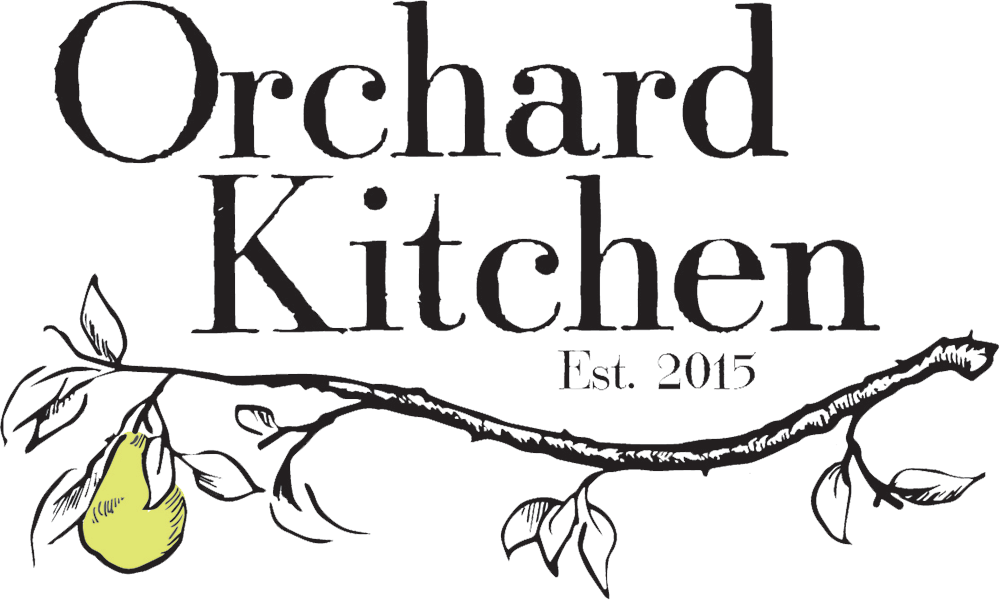Delicata Squash & Fall Transitions
Understanding our farm's seasons
I am just now, after four years of working with our friend and farmer Blake, beginning to have a good handle on our seasons at Orchard Kitchen. We have a great and long growing season, especially compared to the upper mid-west and New England; we have lots of things coming out of our garden in May and even as early as April. But a decade and a half in California corrupted me. The Salish Sea is just not as hot, and many crops I was used to in early summer in Napa either come later or just do not thrive at all. Of course this year was so warm I did start getting plums off my trees in late June, but that is a total anomaly.
Noticing recipes with ingredients from mismatched seasons
I have been noticing, of late, recipes that have seasonally mismatched produce in them. There is a sort of ratatouille (it really bares no real resemblance to a traditional ratatouille, but that is what the chef titled it) that I always look at it one of the Ottolenghi cookbooks. I really want to make this dish, but it has both butternut squash and green beans in it. Here on Whidbey Island that is pretty much an impossible combination if you are using locally-sourced produce. By the time the butternut is ripe (if that ever occurs—other winter squash does better here), the beans that are here are very much in the shelling stage, not the green eating stage. I don’t know any climate where fresh beans are at their best when hard squash is ripe. Maybe you just have to keep the squash over until summer and make the dish then, but we lose something when we force the seasons together on the same plate.
Seizing that moment of freshness
When foods from seasons you would think were distinct and separate occasionally and naturally cross paths, we must seize the moment! I remember volunteering at the Masters of Food and Wine in Caramel one year, and Chef Philippe Legendre was very excited to have both fresh black Perigord winter truffles and fresh morels; the season for truffles usually ends well before the first morels appear. He could not resist putting them both on the same plate.
I had a similar moment this week. I was playing with the delicata squash, which is just now ready and truly delicious, and I was trying to find some acidic counterpoints to it for this week’s menu. When I did my weekly tour of the farm I found that I had both fresh raspberries and some remaining rhubarb; two plants I associate with spring or very early summer. The rhubarb was definitely beyond its prime, but it yielded a beautiful pink acidic juice, the acid for my vinaigrette. And the raspberries, well, they are just delicious.
I am pretty excited about this dish. It feels like an example of the property speaking to me, trying hard to tell me what to put on the plate. I hope you will enjoy this dish as much as I enjoyed creating it.
Cheers, Vincent Nattress


